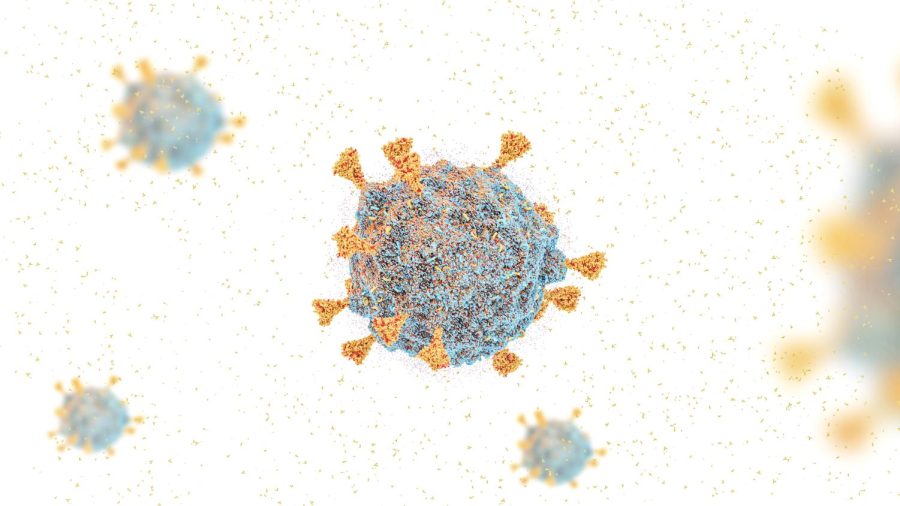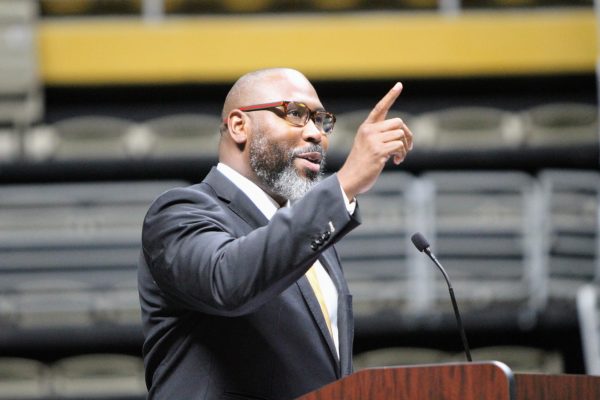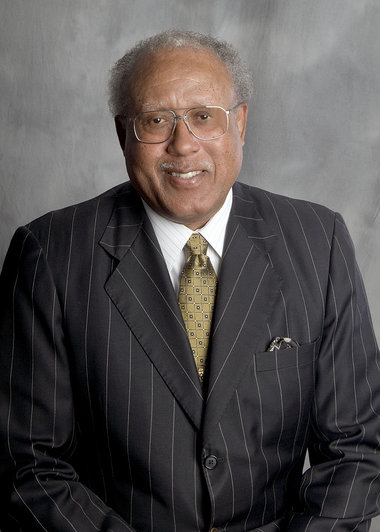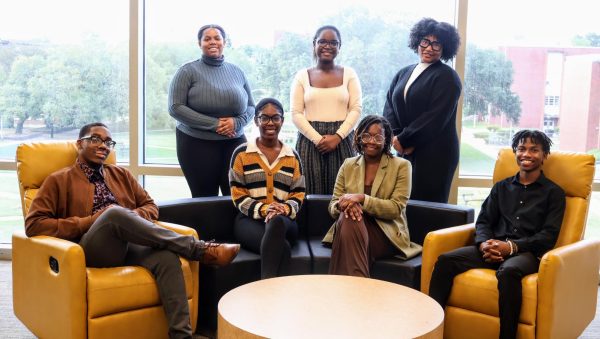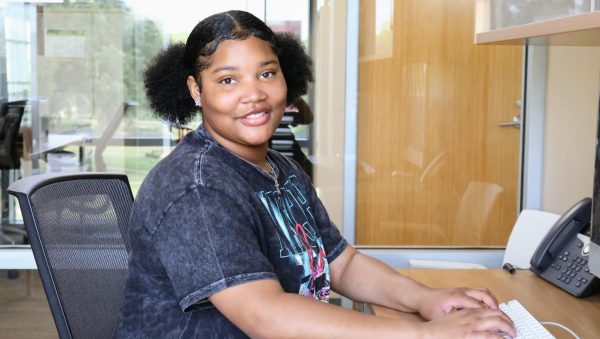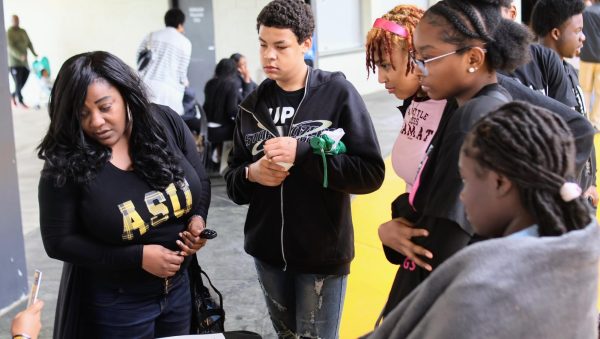Column: With the surge in COVID-19 variants, is the university doing enough?
January 15, 2022
The coronavirus pandemic has plagued the world for two years now, flipping everything upside down, including less crowded events, masks that cover the lips and nose, distancing from other people and thoroughly and vigorously washing our hands. Who would have thought that a disease that first sparked concern in December 2019 would become this giant monster that is economically and socially affecting the world?
It seems as if every time someone tunes in to CNN or opens Twitter, there is a new COVID-19 variant that wants to make a name for itself. With the emergence of a “mashup” variant, Deltacron, which combines Delta and Omicron symptoms and features, the need for vaccines and strict enforcement of safety protocols is apparent. I am 99% sure that most of the earth’s population wants everything to return back to normal (or at least something close to it), but everyone’s actions are not following their wishes.
The Omicron variant has been deemed the most contagious and transmissible disease to face the world yet, and according to Chief Medical Adviser to the president of the United States, Dr. Anthony Fauci, the variant will “find just about everybody.” Hearing that everyone will get infected with this disease, vaccinated or unvaccinated, is certainly frightening, especially for those going to universities far away from home.
At Alabama State University, the student body still does not know the infection rate on campus, but we did receive the university’s all too familiar spring/summer 2022 reopening guide that detailed the university’s mission against the virus. However, in addition to the copied and pasted guideline for the last two years with just a new date slapped on it, students were graced with an email that stated negative COVID-19 tests are required every 72 hours if they want to enter any sporting events. Along with that email, students are required to receive a slip from residential life in order to move into their residence hall, a new protocol from the previous spring semesters during the pandemic.
While these new protocols are to protect the Hornet nest, the lack of statistical information, actual enforcement of protocols, and superspreaders cause a great deal of concern.
Across the United States, several universities that required vaccinations and optional face coverings are now reverting back to mandatory face coverings due to the massive outbreak. So, I think the university is trying to take a similar approach regarding negative COVID-19 tests instead of vaccines since the majority of its student population is not vaccinated. However, this falls flat as several students on campus can be seen wearing their masks as a chin protector or a fancy wrist bracelet, certainly forgetting that we are in a deadly pandemic.
Enforcing COVID-19 tests every 72 hours may seem like a good idea, but imagine how much money each test costs the university (most tests range anywhere between $20 to $850) when it can just impose a mandatory vaccinated campus. Those funds allocated for COVID-19 tests could be used to offer infected students off-campus isolation if vaccines were mandated to attend the university.
As of now, infected students must provide their own transportation and housing to an off-campus location, which can be a burden for those who live across the country or internationally and having parties every weekend certainly does not help the situation.
Plastered all throughout Alabama State University’s student hashtags “#bamastate” and “#myasu” flyers for parties are seen more than anything else. While student life is definitely a part of what makes college so fun, one must understand that these weekly unsanctioned parties cause a deadly threat to the university and its population.
This past holiday season, Cornell University, a 97% vaccinated campus, had to send its students home for Christmas break early due to the massive surge of positive COVID-19 tests. If a university with a large number of vaccinated students received over 400 positive test results in only 48 hours, just conceptualize what could happen to an institution with less than a 50% student population vaccine rate.
Unfortunately, if Alabama State University’s students, faculty and staff are not too careful, the spread of Omicron may see its students being sent home prematurely. I understand that the university depends on student enrollment in order to stay afloat, but extreme measures such as mandatory vaccinations are imperative to keep the outbreak transmission at bay.


